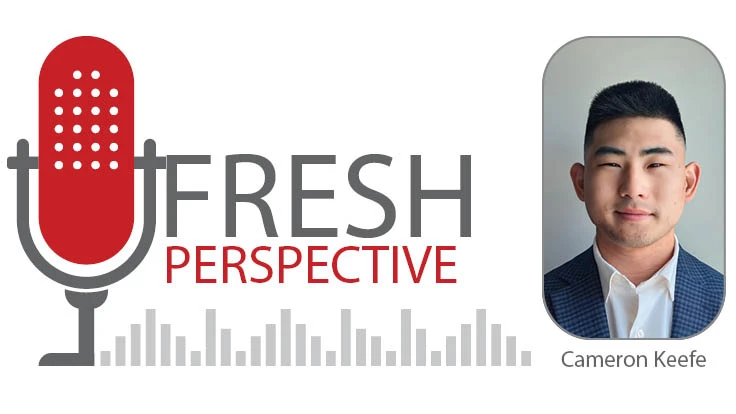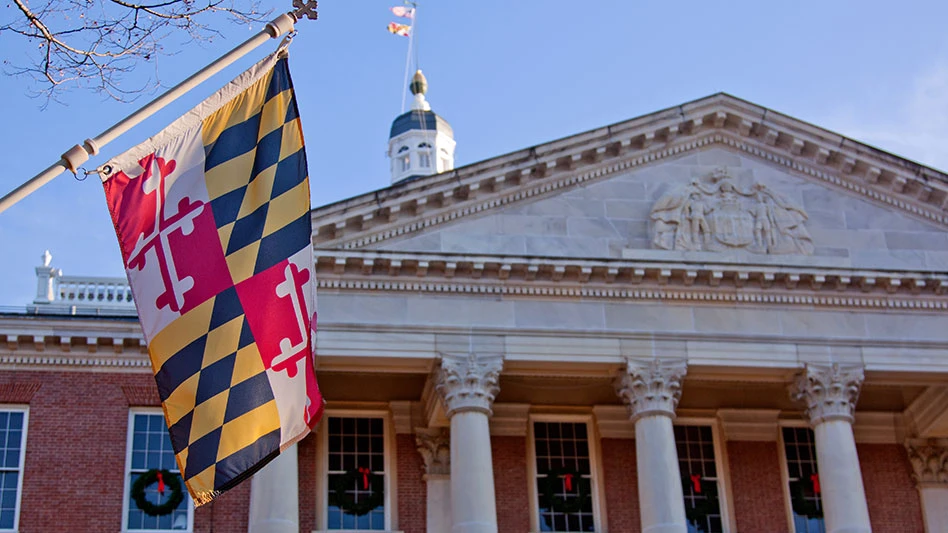
Recycling Today archives
In a recent interview with Recycling Today, AEPW President and CEO Jacob Duer cites a recent estimate that some $80 billion to $120 billion worth of plastic scrap goes unrecycled each year.
The AEPW and its corporate members may not always align its tactics with many advocacy-minded not-for-profits who tend to favor material substation (with a bias against plastic) as a way to cut down on plastic pollution.
However, Duer and AEPW Director of Communications Kim Stengert both say the funds raised and disbursed thus far have been directed toward collecting more plastic scrap for recycling, especially in nations with emerging economies where it too often enters the environment.
The duo say the AEPW has helped more than 150 startups with funding or technical guidance since it was founded in 2019. And while companies in Europe and the United States have received some of those investments, Duer and Stengert say the AEPW has identified the lack of proper waste handling and recycling infrastructure in parts of the world as the leading factor in how plastic ends up in forests, streams and the ocean.
The current estimate by the United Nations Environment Programme is that 3 billion people have no access to organized waste collection, with those in Asia and Africa often among them.
According to Duer, that message is starting to rally larger global organizations and the financial institutions that fund them to begin “stepping up” to increase their funding of waste infrastructure projects in what is known in some circles as the Global South.
The AEPW has backed a project in Indonesia that involves creating a trucks-and-bins recyclables and waste collection network in partnership with rural and small city districts there.
In August, the AEPW announced its Project STOP in Indonesia handed over of its third created city partnership, in the Jembrana Regency on Bali, “demonstrating that public-private partnerships can work to permanently reduce waste and plastics leakage into the environment and support circularity of materials.”
“Project STOP Jembrana has offered formal waste collection services to more than 124,800 people and is both sorting waste for recycling and composting waste” at a material recovery facility (MRF)," the organization says.
That MRF has the capacity to process 50 metric tons of postconsumer organic and inorganic materials per day, and as of early August, had handled nearly 13,000 metric tons of materials, including more than 1,500 metric tons of plastic.
Duer and Stengert express acknowledgement that the world’s plastic recycling rate lags behind where most people and governments want to see it, but also say they are proud of the progress the AEPW has made in a brief amount of time.
Duer says he now sees the AEPW as “truly a global organization" with a project portfolio in more than 20 countries.
On the other hand, Duer acknowledges even in the U.S., where a recycling infrastructure exists, 74 percent of end-of-life plastic is not recycled.
For a circular economy to form in the U.S., chemical recycling could be part of the picture, but in both the mechanical and chemical recycling sectors, connecting supply (and quality supply) with demand remains a challenge, Stengert says.
To divert more plastic from oceans in nations with less developed economies and better close loops in places like Europe and the U.S., considerable work remains. “No one can do it alone, or no one sector," Duer says.
Despite discussions at venues like the United Nations that are global in nature, Duer says some of the most effective solutions are very much local in nature.
A dose of good news, Duer says, is that as the AEPW has ramped up and prepares for 2024, it has created systems and processes that allow it to shorten its timelines for those local solutions as it takes on the challenge of vetting its growing pipeline of potential projects.
Latest from Recycling Today
- Plastics Recycling Conference 2025: Working toward their targets
- SWACO rolls out new commercial recycling and food waste programming
- Updated: Matalco to close Canton, Ohio, plant
- Metso launches electric Anode Weighing and Casting Machine
- Circular by Shapiro releases '5 for Five' sustainability series
- Graphic Packaging set to close Ohio CRB facility
- Ameripen voices support for Maryland EPR bill
- Maryland county expands curbside recycling to include electronics





